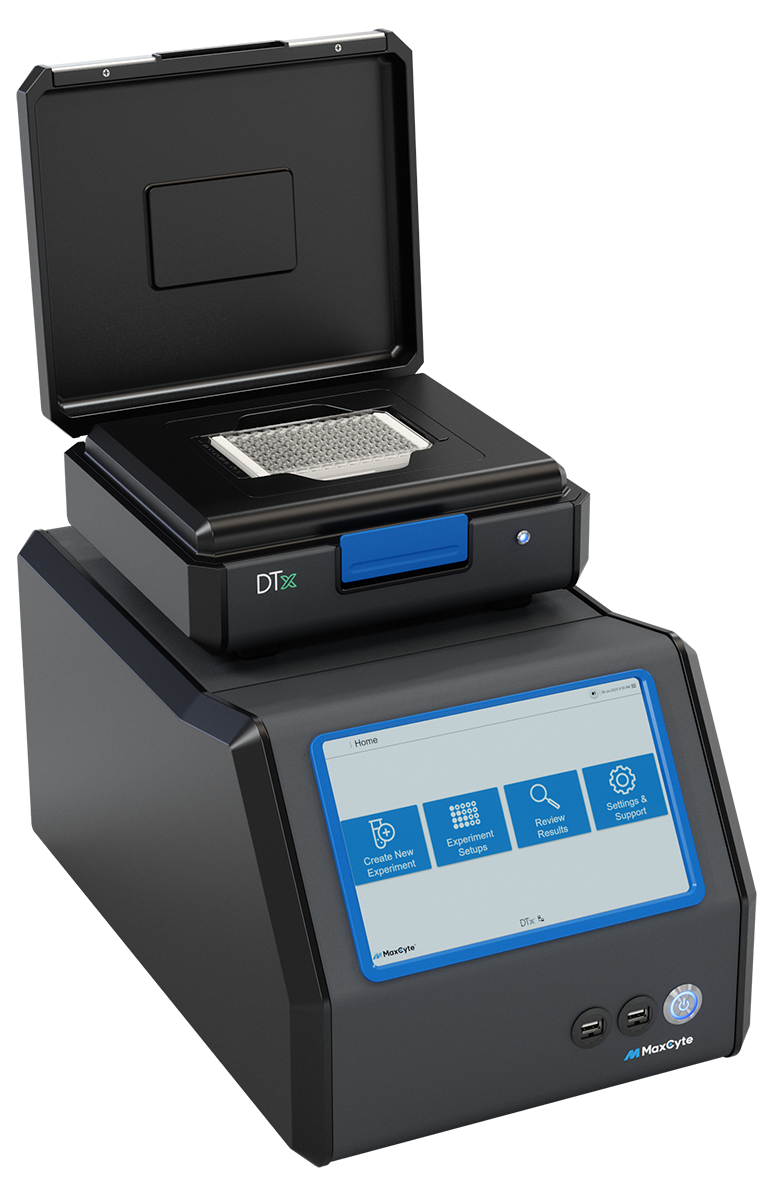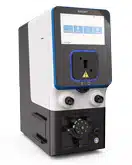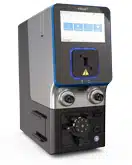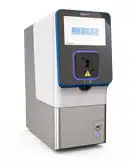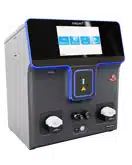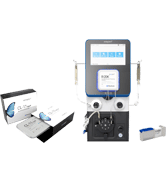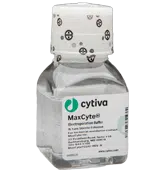
BioProcess International
Boston Convention and Exhibition Center
Booth # 1200
September 27-30, 2022
Each year, BPI’s scientific agenda includes 200+ of the industry’s top scientists to present the latest updates on how to improve efficiencies across all phases of biopharmaceutical development and production.
Featured Event
Wednesday, September 28th at 2:00pm
Room # 210 B
Presentation: Accelerating Biotherapeutic Development Using a Scalable, High Performance transient transfection technology.
Abstract
Therapeutic proteins manufacturing is at a crossroads. The recent pandemic highlighted the need for Biomanufacturers to quickly and efficiently screen, develop, and launch to market therapeutic proteins at a lower cost. It became obvious that the industry is requiring a new approach for a scalable and rapid production of therapeutics like mAbs, since standard development and manufacturing approaches take months of tedious work. Transient gene expression in CHO cells is a very promising alternative to generate grams scale of protein within weeks instead of 3-12 months necessary for traditional stable transfection and expansion of isolated clones.
Although this technology has been successfully implemented at the discovery scale or for Cell Therapies, Biomanufacturers require a larger scale expression system to meeting the increasing demand for grams of recombinant proteins, such as monoclonal antibodies (mAbs), to be used in preclinical, biochemical, biophysical studies or even early clinical phases.
MaxCyte has developed a large-scale flow electroporation platform enabling rapid transient transfection, producing high cell viabilities and transfection efficiencies that yield gram quantities of proteins with desired post translational modifications.
This study describes rapid, large-scale, production of human mAbs in CHO cells following transient transfection with the new MaxCyte VLx® Scalable Electroporation System.
Presenter:
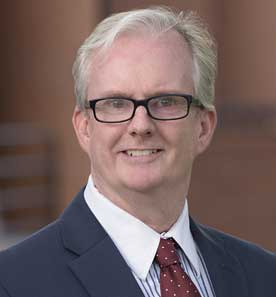
James Brady, PhD
Senior Vice President, Technical Applications and Customer Support
Prior to joining MaxCyte in 2004, Dr. Brady was a Senior Scientist at Genetic Therapy, Inc., a Novartis subsidiary, where he worked on lentiviral-based gene therapy treatments. Previously, he worked at MetaMorphix, Inc., and was a postdoctoral fellow at the National Eye Institute of the National Institutes of Health. Dr. Brady received a BS degree in biology from the College of William and Mary, a PhD in genetics from Indiana University and an MBA from Johns Hopkins University.
